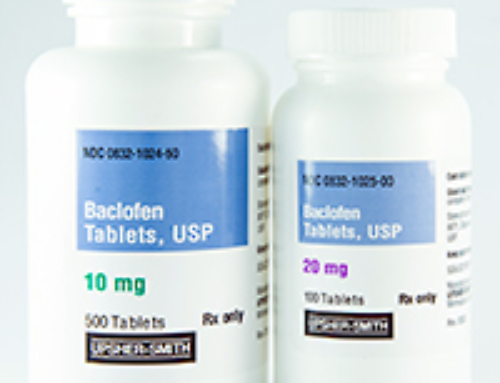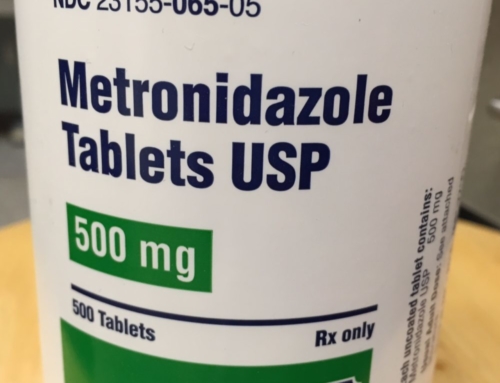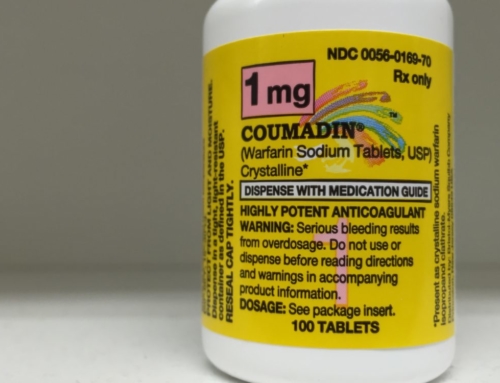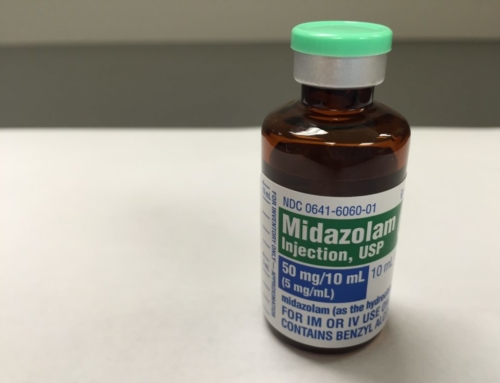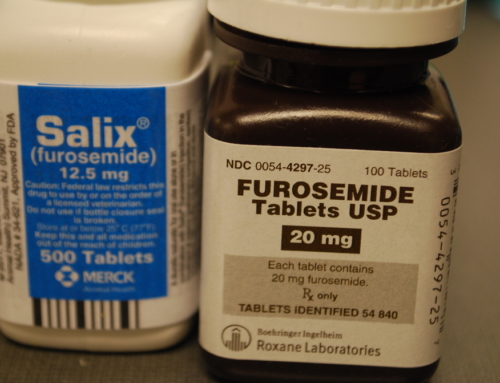If you have any reason to suspect your pet has ingested something toxic, please contact your veterinarian or one of the other resources listed:
• ASPCA Animal Poison Control Center 24-hour hotline at (888) 426-4435
• Pet Poison Helpline® 24-hour animal poison control service at (855) 764-7661
Baclofen
Baclofen is a centrally-acting skeletal muscle relaxant used to control spasticity and pain in people with multiple sclerosis and spinal disorders. Used in dogs to treat urinary retention by reducing urethral resistance. Cats are particularly susceptible to toxicity. Even though baclofen is used in humans for muscle relaxation, it can be a severe toxin in pets and can lead to serious complications and potential death of the animal

Signs and symptoms of toxicity: excessive barking or whining, vomiting, involuntary muscle movements, disorientation, increased saliva production, depression, weakness, seizures, very low body temperature, and refusal to stand up.
Toxic consumption: Doses of 1.3 mg/kg may be toxic and 8 mg/kg may cause death.
| X-Small Yorkie, Chihuahua |
Small Pug, Boston Terrier, Poodle |
Medium Beagle, Scottish Terrier |
Large Boxer, Cocker Spaniel |
X-Large Labrador & Golden Retrievers, German Shepherd |
XX-Large Great Dane, St. Bernard |
| 1 – 10 lbs. (0.45 – 4.6 kg) |
11 – 25 lbs. (5 – 11.4 kg) |
26 – 40 lbs. (11.8 – 18.2 kg) |
41 – 70 lbs. (18.6 – 31.8 kg) |
71 – 90 lbs. (32.3 – 40.9 kg) |
91 – 110 lbs. (41.4 – 50 kg) |
 |
 |
 |
 |
 |
 |
| > 0.5 mg | > 6.4 mg | > 15 mg | > 24 mg | > 41 mg | > 53 mg |
| Most Cats | Large Cats |
| 1 – 10 lbs. (0.45 – 4.6 kg) |
11 – 25 lbs. (5 – 11.4 kg) |
 |
 |
| > 0.5 mg | > 6.4 mg |
References:
– Hecht DV, Allenspach K. Presumptive baclofen intoxication in a dog. J Vet Emerg Crit Care 1998; 8:49-54.
– Osweiler, G, et al. (2011). Blackwell’s five-minute veterinary consult clinical companion. Small Animal Toxicology. [Kindle version]. Retrieved from Amazon.com
Pet Poison Control is provided free as a public service by the American College of Veterinary Pharmacists. Today we’re asking you to support us with a small donation. If you would like to dedicate your gift in honor or memory of a pet or individual, you will have that option before checkout. Your gift of any amount helps us maintain this resource and make it available to the pharmacy and veterinary communities. Thank you!

